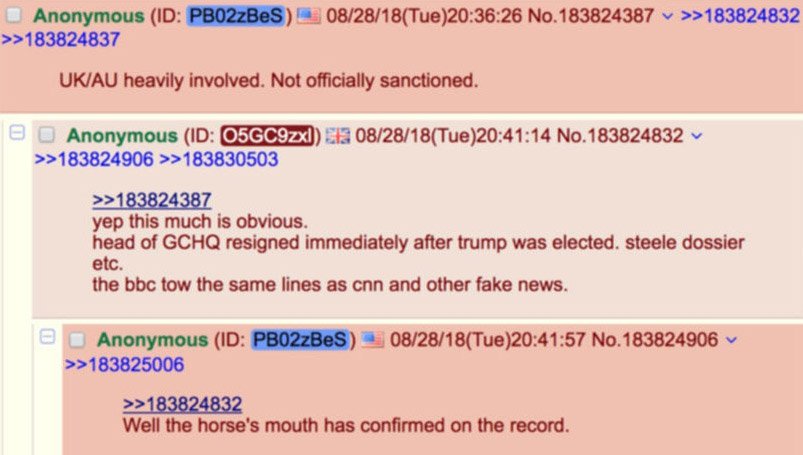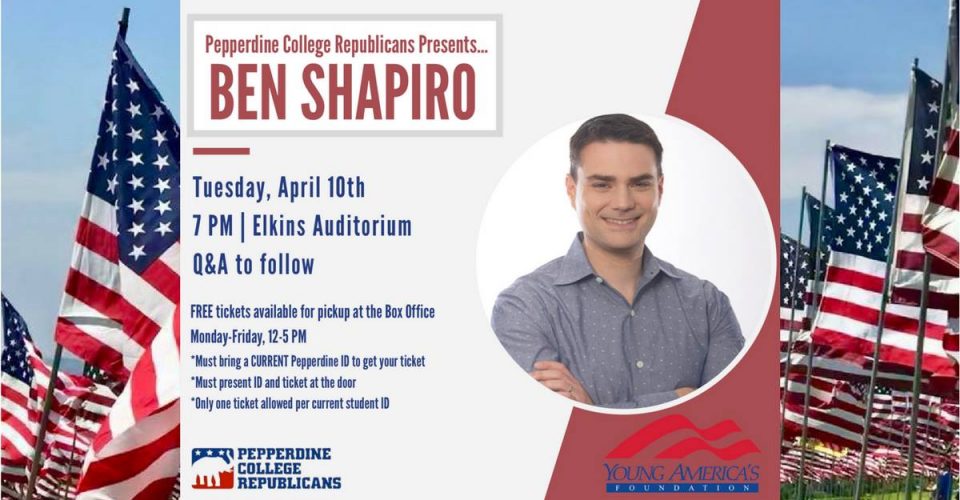This is relevant to my own job..
Great explanation of how noncompetes are a reaction to job mobility and the rise of contingent employment. Companies are trying to clamp down on workers' use of their own knowledge and skills.
Why would you strengthen noncompetes? Are you insane???
But it's a poisoned chalice. Noncompetes help individual businesses but hurt businesses overall because knowledge and skills can't flow between companies.
EITC is really good btw
1) provide income support for poor people
2) incentivize work
It does both of these very effectively.
Slam dunk policy
I feel like progressive activists sometimes forget this, focusing instead on policies that would demonstrate their power and dismay their enemies.
Making preemptive concessions in order to chase bipartisan cooperation that will probably never materialize = not so good.
It just seems like recent experience makes the prospect of 90s-style bipartisan policy victories like the EITC seem highly unlikely.
(end)
BUT, that's the federal level. The state level might be better.




